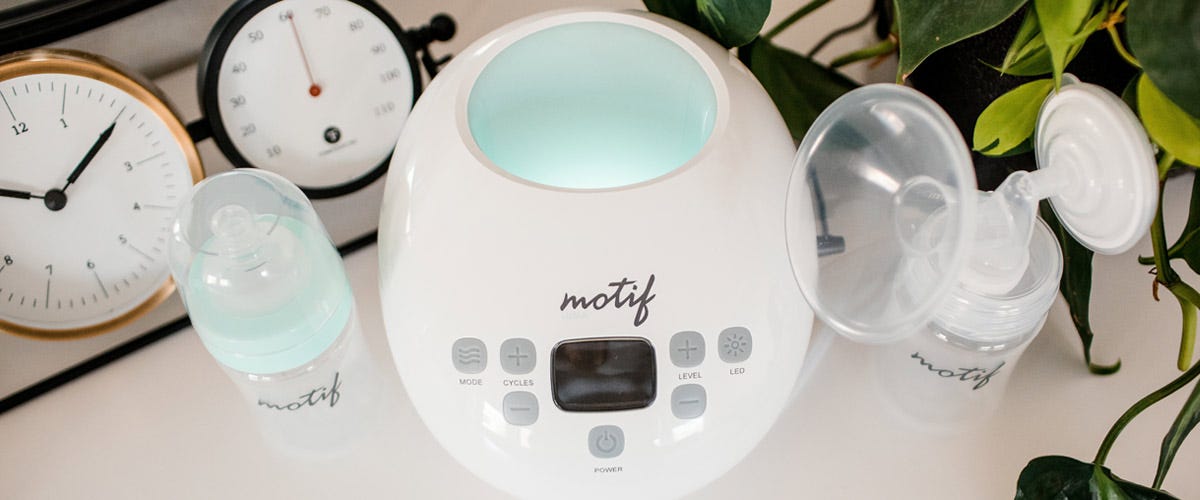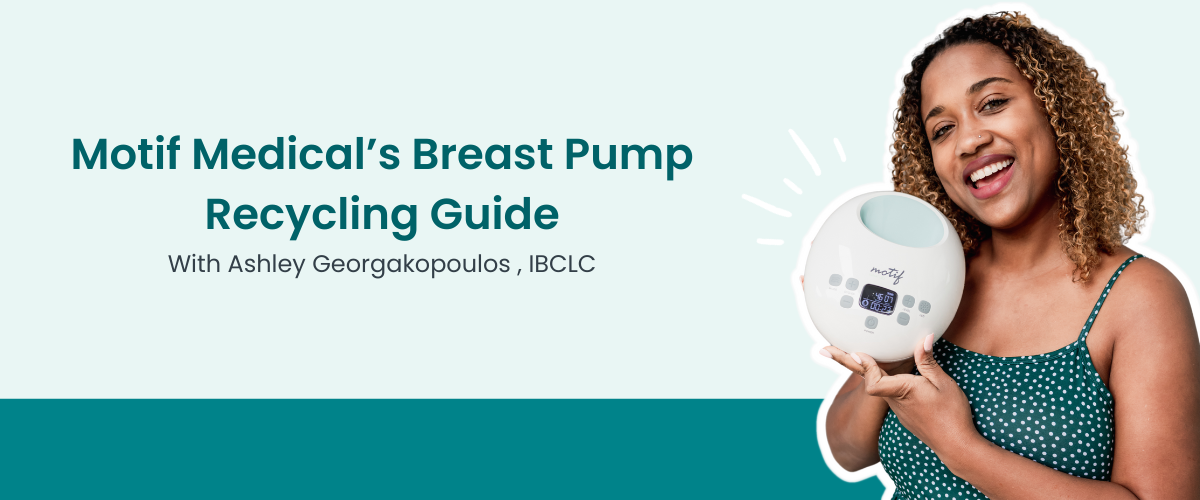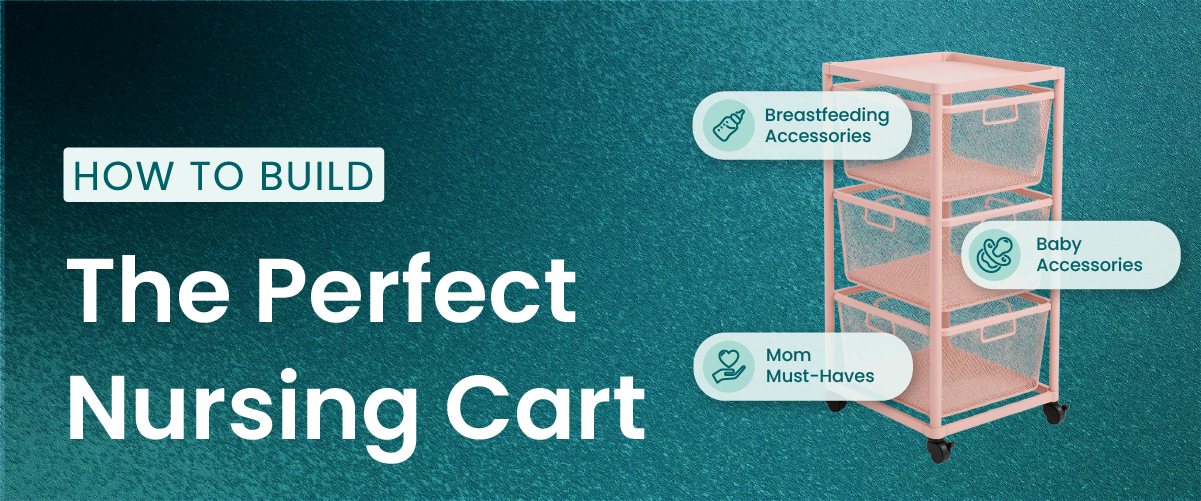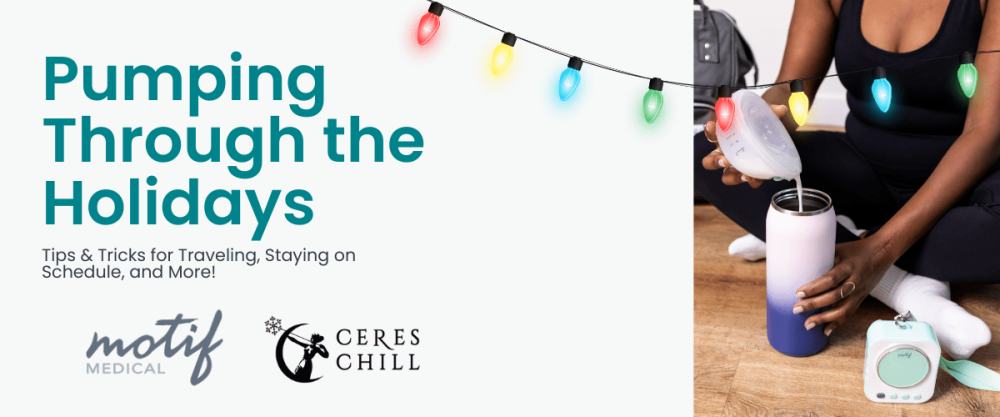Can Exercise During Pregnancy Help Breastfeeding?
In short, exercising while pregnant can have a positive impact on breastfeeding in many mothers. While more research is needed to determine the exact correlation between the two, research has given us a few hints to the possible reasons.
Better Hormonal Health
Aerobic and strength exercises use glycogen stores. This lowering of blood glucose levels and proper usage of energy have a positive impact on lowering health implications, such as Type II diabetes, cardiac problems, as well as lowered metabolism rates. This translates to better hormonal health and blood pressure. As breastfeeding is primarily a hormonally-driven function, the conclusion could be made that women may not only initiate breastfeeding at a higher rate, but have longer durations of providing breastmilk when there are fewer complications due to hormonal imbalances and blood pressure problems, such as delayed milk or insufficient supply, as well as preeclampsia.

Healthier Mentality and Lifestyle
It could be gathered that those who have a more health-conscious mindset will be more apt to initiate breastfeeding, want to breastfeed, and do so for longer durations, in order to continue receiving better health outcomes for mother and baby. So while this theory is not directly relating perinatal exercise to better breastfeeding outcomes, it is relating that one healthy choice usually comes in groups of other healthy choices.¹
In conclusion, women with uncomplicated pregnancies should be encouraged to engage in aerobic and strength-conditioning exercises before, during, and after pregnancy.¹,²
Examples
- Walking
- Light Jogging
- Free Weights
- Yoga
- Pilates
- Barre
- Cycling
- Dance
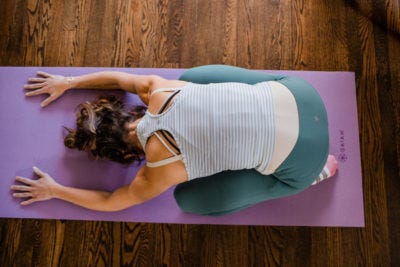 It's also important to mention that mothers should work closely with their health providers to ensure that they are still good candidates to engage in exercise in each stage they are in, as well as getting breastfeeding help as needed.
It's also important to mention that mothers should work closely with their health providers to ensure that they are still good candidates to engage in exercise in each stage they are in, as well as getting breastfeeding help as needed.Breastmilk storage and quality is not directly compromised by working out. Lactic acid buildup, the burning sensation in muscles, may cause a temporary bitter taste in the milk, but will filter back out. If a baby is refusing to nurse right after the exercise, simply wait a few minutes and trying again. Be sure to not go too long with the workout and commute to avoid interfering with normal feeding schedule or pumping, and have stored milk just in case (if working out away from home).
Resources
- Nguyen, P., Binns, C. W., Nguyen, C. L., Van Ha, A. V., Chu, K. T., Duong, D. V., Do, D. V., & Lee, A. H. (2019). Physical Activity During Pregnancy is Associated with Improved Breastfeeding Outcomes: A Prospective Cohort Study. International journal of environmental research and public health, 16(10), 1740. https://doi.org/10.3390/ijerph16101740 https://www.ncbi.nlm.nih.gov/pmc/articles/PMC6571814/
- APA Physical Activity and Exercise During Pregnancy and the Postpartum Period, Obstetrics & Gynecology: April 2020 - Volume 135 - Issue 4 - p e178-e18 doi: 10.1097/AOG.0000000000003772 https://journals.lww.com/greenjournal/Fulltext/2020/04000/Physical_Activity_and_Exercise_During_Pregnancy.61.aspx
- https://www.nature.com/articles/s42255-020-0223-8


